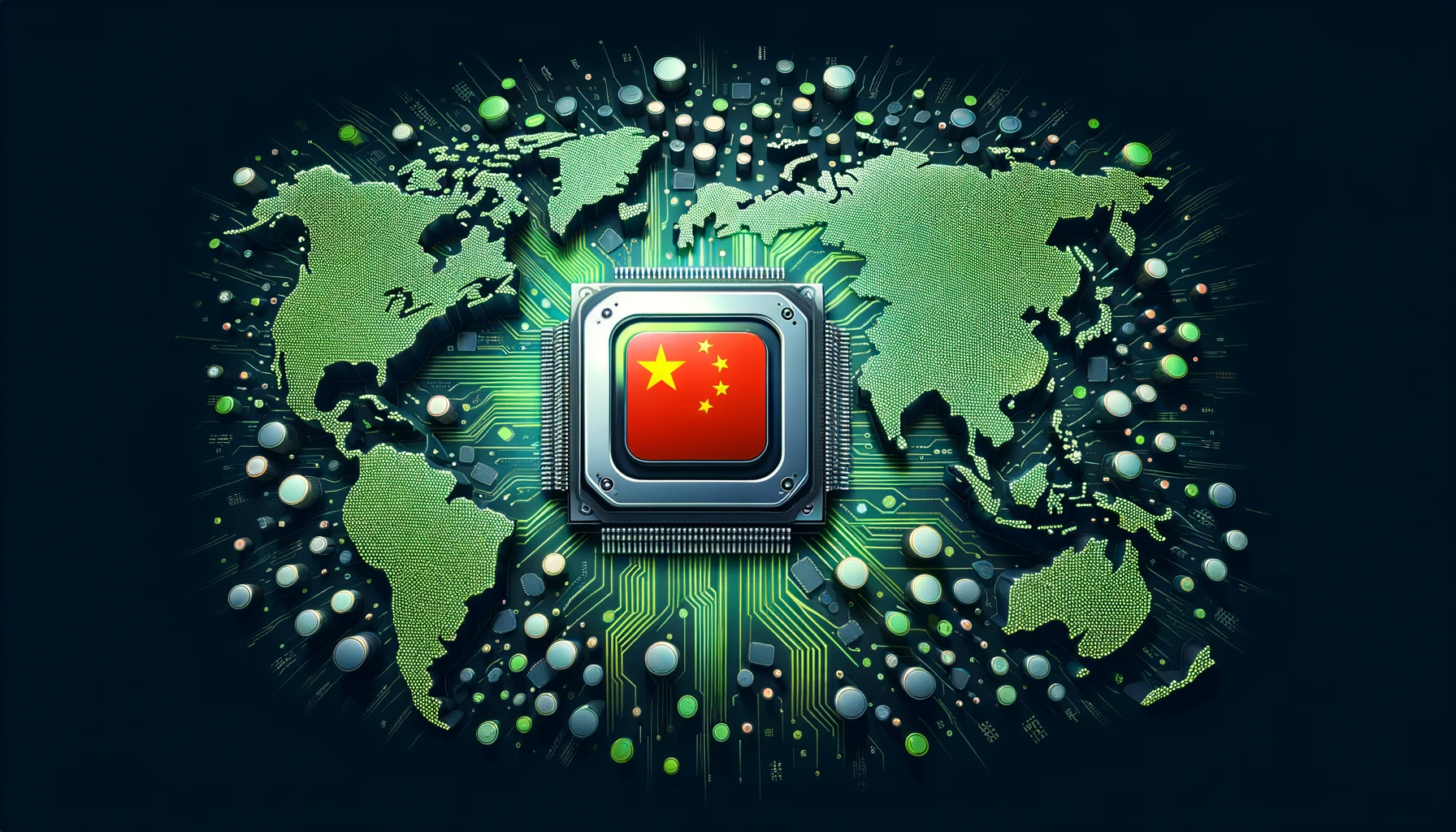US Commerce Secretary Gina Raimondo warns Nvidia over AI chips for China

US Commerce Secretary Gina Raimondo called for more money to restrict China's access to AI chips — and issued a warning to Nvidia.
Speaking at the Reagan National Defense Forum, US Commerce Secretary Gina Raimondo called for more money for export controls to deny China access to advanced semiconductors. Raimondo stressed that the Bureau of Industry and Security, which is responsible for administering these controls, needs more money. She also stressed that American companies must adapt to national security priorities, even if it means losing sales in the short term.
In her presentation, Raimondo also criticized chipmaker Nvidia for designing chips specifically for the Chinese market, even though the US had already imposed a first round of export restrictions in October 2022.
"If you redesign a chip around a particular cut line that enables them to do AI, I’m going to control it the very next day," Raimondo said.
https://youtu.be/YZWJCMUd_yQ?si=Saldujk_jOAt0HNO
Domestic semiconductor production must be strengthened, says Raimondo
Raimondo also called for the funding of domestic semiconductor production, stressing that it is essential for national security to reduce dependence on foreign chip production, especially given the geopolitical risks associated with Taiwan.
On US-China relations, she advocated responsible management to avoid escalation, while recognizing the competitive and security challenges posed by China.
European companies also suffer from US regulation
According to insiders, Nvidia is developing several new AI chips for the Chinese market, including the H20 GPU and, according to rumors, a customized version of the RTX 4090. However, according to Reuters, the launch of the H20 chip has been delayed until the first quarter of 2024 due to integration issues with server manufacturers.
The planned L20 and L2 chips, however, are expected to ship as planned. The delay could affect Nvidia's market share in China and benefit local competitors such as Huawei, which recently sold AI chips to Baidu.
In addition to Nvidia, Intel, and AMD, UK AI chipmaker Graphcore has also been impacted by the regulations and recently pulled out of China. It has cut an unknown number of jobs.
AI News Without the Hype – Curated by Humans
As a THE DECODER subscriber, you get ad-free reading, our weekly AI newsletter, the exclusive "AI Radar" Frontier Report 6× per year, access to comments, and our complete archive.
Subscribe nowAI news without the hype
Curated by humans.
- Over 20 percent launch discount.
- Read without distractions – no Google ads.
- Access to comments and community discussions.
- Weekly AI newsletter.
- 6 times a year: “AI Radar” – deep dives on key AI topics.
- Up to 25 % off on KI Pro online events.
- Access to our full ten-year archive.
- Get the latest AI news from The Decoder.